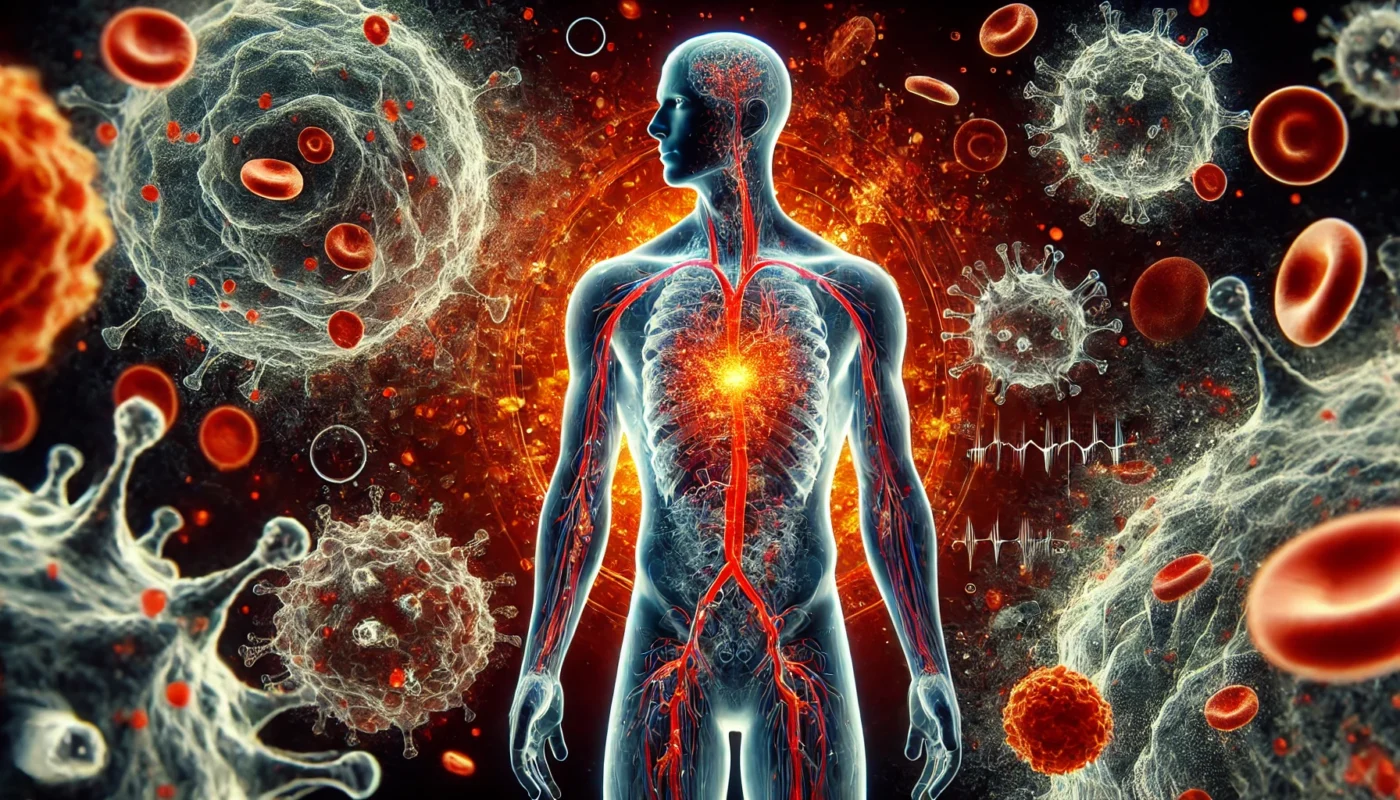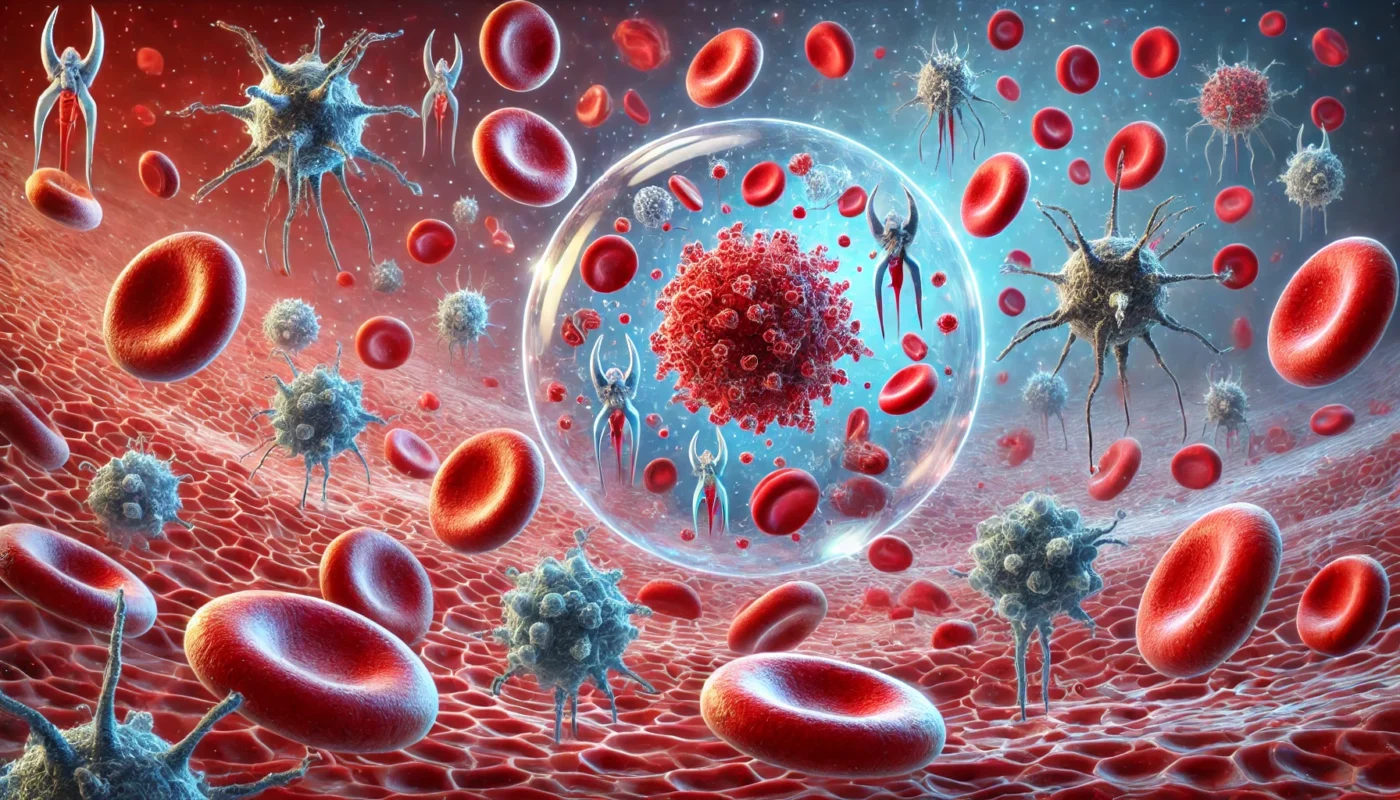The term “anti-inflammatory” refers to the property of a substance or treatment that reduces inflammation or swelling. In scientific terms, it involves the inhibition of the body’s inflammatory processes. Understanding the definition of anti-inflammatory can be pivotal in managing health conditions that are exacerbated by inflammation, such as arthritis, heart disease, and even some cancers.
Tag Archives: Health Management
Immune inflammatory diseases, often referred to as autoimmune diseases, occur when the body’s immune response turns against its own tissues, leading to inflammation. This inflammation can affect various parts of the body, including the joints, skin, and organs. Understanding the mechanism of these diseases is essential for managing and potentially mitigating their impact on health.
Holistic health focuses on treating the whole person—mind, body, and spirit—rather than just the symptoms of a disease. This approach considers physical, emotional, social, and spiritual wellness as interconnected and essential for overall health.
The Paleo Diet, also known as the Paleolithic or “caveman” diet, is based on the notion of eating as our ancestors did during the Paleolithic era. The diet primarily includes lean meats, fish, fruits, vegetables, nuts, and seeds, while excluding processed foods, grains, legumes, and dairy. The emphasis is on consuming foods that are as close to their natural state as possible.
When managing autoimmune conditions, nutrition plays a pivotal role. The debate around eggs in the context of autoimmune diseases is ongoing, with questions such as: “Why are eggs bad for autoimmune disease?” and “Are eggs really detrimental to autoimmune health?” surfacing frequently. In this article, we will explore the nutritional benefits of eggs, assess their impact on autoimmune diseases, and provide practical advice for those considering incorporating eggs into their diet.
Warm Autoimmune Hemolytic Anemia is a type of autoimmune disorder where the body’s immune system mistakenly attacks its own red blood cells. This leads to hemolysis, or the destruction of red blood cells, which can result in a variety of symptoms ranging from mild to severe.
Swelling is the result of fluid accumulation in the body’s tissues. This can occur due to various reasons, including injury or trauma, infections, chronic conditions, and dietary habits.
Systemic inflammation refers to a persistent, low-grade inflammation that affects the entire body. Unlike acute inflammation, which is a short-term response to injury or infection, chronic inflammation can persist for months or even years. This prolonged state of inflammation can contribute to the development of various chronic diseases.
Arthritis is a debilitating condition affecting millions of people worldwide. It involves inflammation of the joints, leading to pain and stiffness that can severely impact one’s quality of life. While traditional treatments focus on medication and physical therapy, there is growing interest in the role of diet—particularly the consumption of fruits like blueberries—as a natural remedy for arthritis. In this article, we explore the scientific evidence supporting the benefits of blueberries for arthritis management.
Mayonnaise: a staple in many kitchens, a key ingredient in countless recipes. But have you ever wondered about its health implications? Specifically, is mayonnaise anti-inflammatory?
Inflammation is a natural response of our bodies. It’s crucial for healing and protecting against disease. However, chronic inflammation can lead to health problems.
This is where diet comes into play. Certain foods can either trigger or tame inflammation. Hence, the rise of anti-inflammatory diets.
But where does mayonnaise fit into this picture? It’s a mix of eggs, oil, and vinegar or lemon juice. Each ingredient has its own health profile.
The type of oil used can significantly impact the inflammatory potential of mayonnaise. Some oils are rich in omega-3 fatty acids, known for their anti-inflammatory properties. Others, high in omega-6, can promote inflammation if consumed in excess.
Commercial mayonnaise often contains added sugars and preservatives. These can also influence its inflammatory potential.
In this article, we’ll delve into the science behind mayonnaise and inflammation. We’ll explore its ingredients, the role of dietary fats, and how to incorporate mayonnaise into a balanced, anti-inflammatory diet. Let’s embark on this journey of discovery together.










